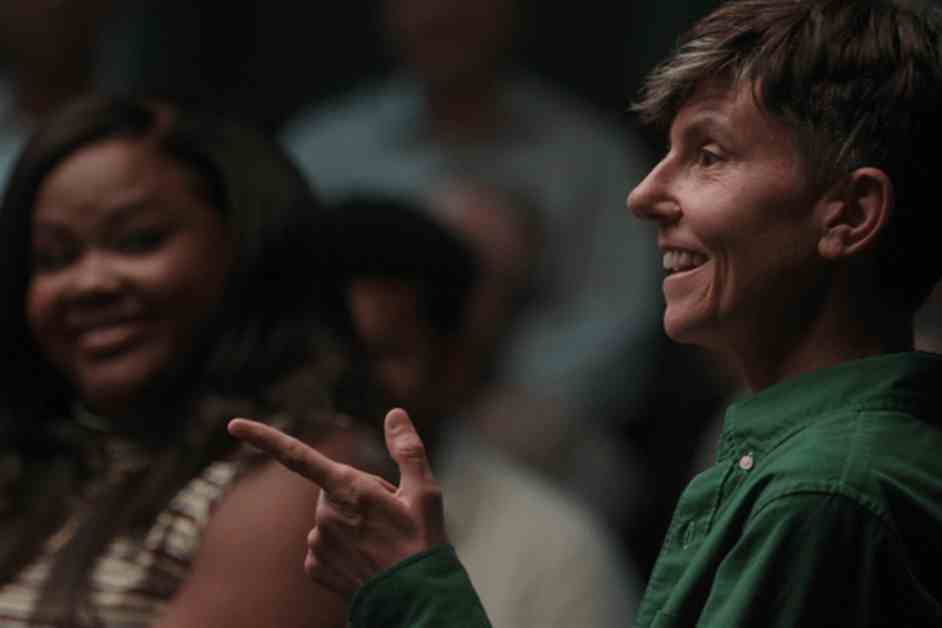Exploring Mental Health Through Comedy: A Review of ‘Group Therapy’ at Tribeca Festival
Neil Berkley’s ‘Group Therapy’ offers a candid and touching look at the relationship between comedy, grief, and mental illness. The film features a talented cast of comedians including Neil Patrick Harris, Gary Gulman, Nicole Byer, Mike Birbiglia, London Hughes, Tig Notaro, and Atsuko Okatsuka. Through personal stories and performances, the film showcases how these comedians use humor as a coping mechanism and a form of catharsis.
The film starts with a darkly comedic clip of George Carlin discussing suicide and mental health statistics in America, setting the tone for the rest of the narrative. Each comedian in the film opens up about their struggles with mental illness, the medications they take, and the traumas they’ve faced. The raw and unfiltered storytelling draws viewers into the realities these comedians confront.
Throughout the film, the comedians share their journeys of developing their unique sense of humor, often inspired by the autobiographical storytelling style of Richard Pryor. Clips of their performances highlight how their personal experiences shape their acts, emphasizing themes of self-discovery and authenticity.
One of the most compelling aspects of the film is the personal stories shared by the comedians. From Okatsuka’s fear of therapy to Gulman’s battle with major depression and anxiety, each story is a testament to the stigma and fear surrounding mental health care. Birbiglia, Byer, Hughes, Notaro, and Harris also share their experiences with racism, colorism, fatphobia, and personal struggles, shedding light on the challenges faced by comedians, especially Black women.
Despite its emotional depth, ‘Group Therapy’ is not without flaws. The film’s pacing at times undermines its impact, and the heavy focus on Notaro and Gulman might leave some viewers wanting more balanced screen time among the cast.
Overall, ‘Group Therapy’ is a touching and important film that offers a rare glimpse into the lives of comedians and the battles they face. It highlights the healing power of humor and serves as a call to address mental health issues openly. The comedians’ vulnerability and willingness to share their personal experiences make the film both commendable and moving.




















